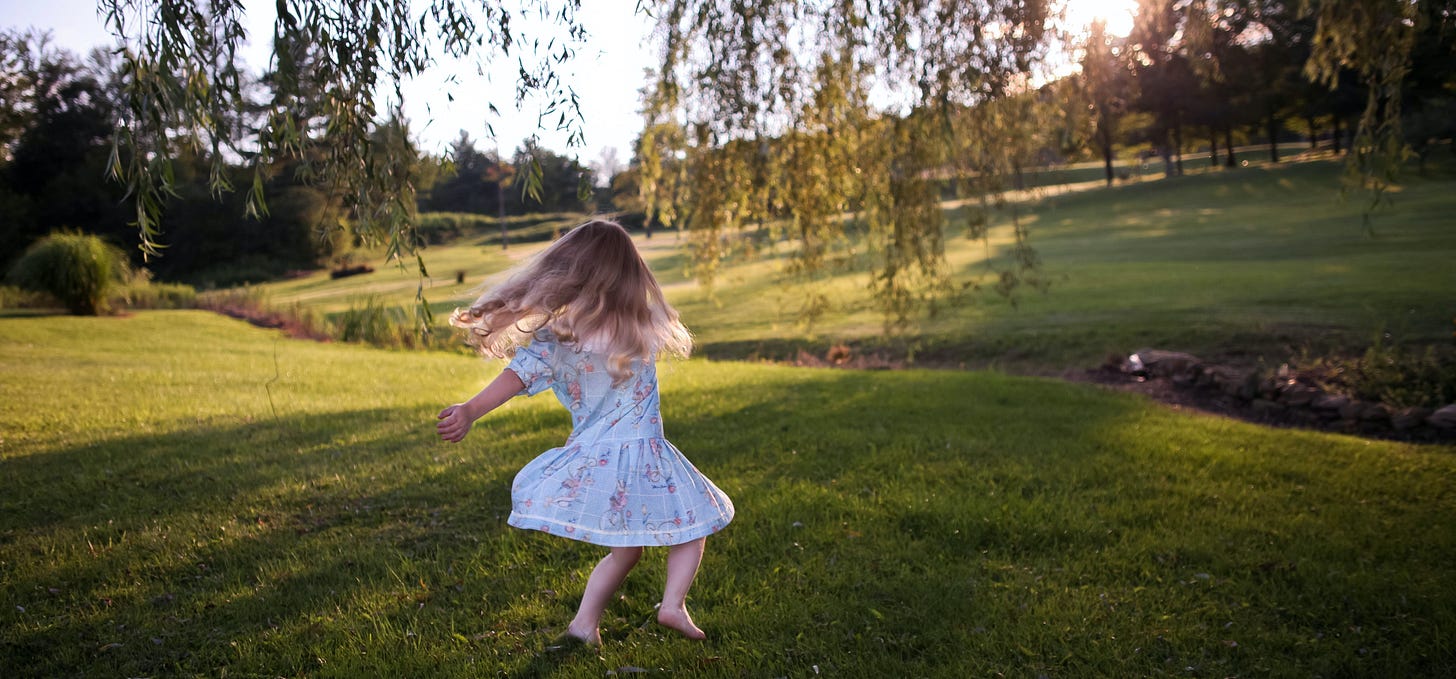Why we need to FEEL
Emotions have a very specific function and yet so many of us don’t know what that is or what to do with them - let alone allow ourselves to feel! If this is you, consider this and create wellbeing.
Emotions have a very specific function and yet so many of us don’t know what that is or what to do with them. And this makes sense - if our parents or those around us didn’t know, how could they teach us?
Messages from the Higher Self
Emotions are our messages – the message from our Higher Self that is co-creating our experiences to trigger a range of feelings in our bodies. Through this way, the Higher Self communicates what is in alignment with our Divine Plan and purpose, and what is not meant for us.
When we feel something wonderful, we tend to enjoy it and remember it occasionally. When we feel something uncomfortable that triggers blame, shame, embarrassment, sorrow etc, our mind tends to bring us back to the event repeatedly. Why is this?
It is because like the pleasant emotions, we are designed to feel the emotion, enjoy the experience and let it go. Likewise, the unpleasant or uncomfortable emotions are simply to get our attention. Notice the emotion usually felt in the heart and let it flow through and out of the body.
A note to our conscious mind (Ego): UPDATED JOB DESCRIPTION Notice how the heart feels, so the heart can let the feeling go. Then take action - Joyful feelings show you what you need to create more of, opportunities, connections, good times, positive choices. Uncomfortable feelings show you what you are not. Anger, fear, shame etc. Jump to it and examine the event / situation that provoked these feelings. Then come up with some suggestions (BRAINstorm) for alternatives that could create a different outcome. Eg: Did the situation call for a 'no'? Is a different direction needed? Did you need to prioritise yourself? Did you simply need to observe and not engage in the situation? Are you unsure how to deal with the feeling and need support? Now hand these suggestions over to the greater self*, the part that exercises freewill, and let the experience go. *This is where you, the part that observes the Ego, comes in - will you choose something better for yourself? You and only you, are in charge of your choices, including not choosing!
When we fear something uncomfortable coming, we tend to tense our shoulders, clenching them around our heart space for protection. This is because we often mistakenly believe that we are deflecting the discomfort that is coming. And yes, that can work for a while as a protective, numbing measure but in reality the emotion we fear receiving is already within us – it can’t be truly deflected. Our experiences are designed to help us learn, grow and evolve. When our Higher Self brings us an experience that triggers discomfort it is an opportunity to be remined of what it is we wish to heal in this lifetime.
Our experiences are opportunities we co-create as part of our Divine Plan to help us
find joy, learn, grow, and evolve.
Our experiences do not define who we are in any way.So how does this work?
Let’s use an example of criticism.
A friend comments on a choice we have made or something someone has said about us – when we are unaware we are being invited to heal and it looks like this:
We feel defensive, sad, etc. There will be a point in the body that FEELS this. We may want to defend ourself, or justify our choices. We may withdraw or avoid others.
When we are using our emotions as guidance from our Higher Self it looks something like this:
We hear a criticism. We understand that people only criticize others because they criticize themselves. We may wonder who taught them criticism.
If we feel any reaction to their criticism in our body, we understand we are being given a message from our Higher Self. We notice where we feel it, and we allow the feeling to wash through and out of our bodies, returning it to Source.
We then focus on where we feel the discomfort. If we feel sad that we were criticized we ask ourself how are we criticizing ourself – remembering that others are our mirror. How is our heart feeling sorrow because we criticize ourselves?
Where did we learn to suffer?
We then consider, where did we learn self-criticism? Can we mentally move to that point and remind our say 7 year old self, that criticism only occurs when people criticize themselves and that she doesn’t need to take on other people’s points of view. What they think is none of her business. Remind her of the divine being she is – she is the love that sits in her heart space and she has come into this life to be joy, and to be love.
Breathe that light into the heart and allow it to heal. Use the podcast ‘Enter the Divine Self’ for the guided meditation, and if you need professional support for this, please seek it.
Now what to do with this lesson?
It is a reminder of:
1. how the world is our mirror and an invitation to create healthy boundaries. If someone shares their opinion (and we can’t prevent that happening), we can remember that it is just their Egoic opinion.
2. self-criticism is never justified. We are infinite beings in a human body, learning and growing in the right time for ourselves, our divine timing. Our experiences are only opportunities to learn from and we can’t know something until we learn it, regardless of how many times we might need the reminder to ‘get’ the learning.
We can –
Say thank you for your opinion
Say we are not interested in what others might think about us.
Change the subject.
Decide we choose to spend time with people who are more aligned with us.
Choose self compassion. Notice our self-criticism and say to our self, I’m sorry, I love you, please forgive me, thank you (Ho’ oponopono).
Support your state change with movement and remember to breathe!

Emotions are not to be feared or avoided and we can choose to lighten our burden and anytime we are ready.
Thank yourself for the gift of change.
You matter.
Infinite blessings
Michelle x
Michelle Cowles
Spiritual Healer
Disclaimer: The information on this page is general, lifestyle information and should not be used to diagnose or treat a health problem or disease. This information is never a substitute for professional health care advice. Any information you find on this page or on external sites which are linked to on this page should be verified with your professional health care provider.






